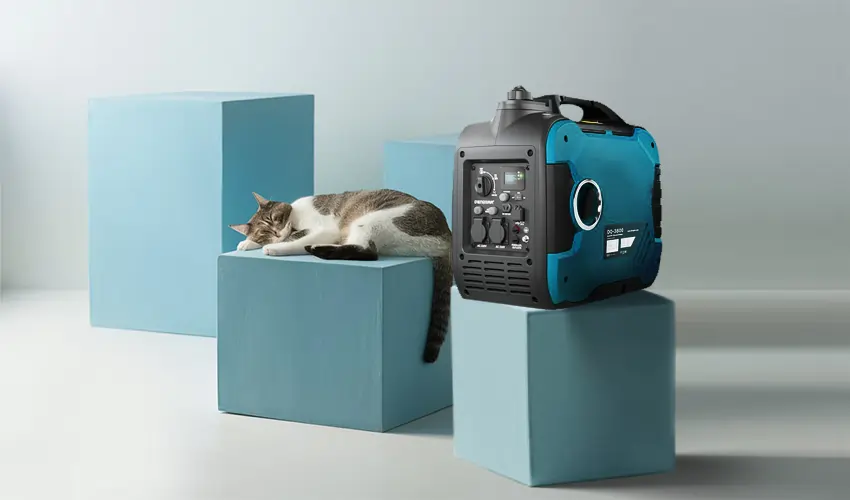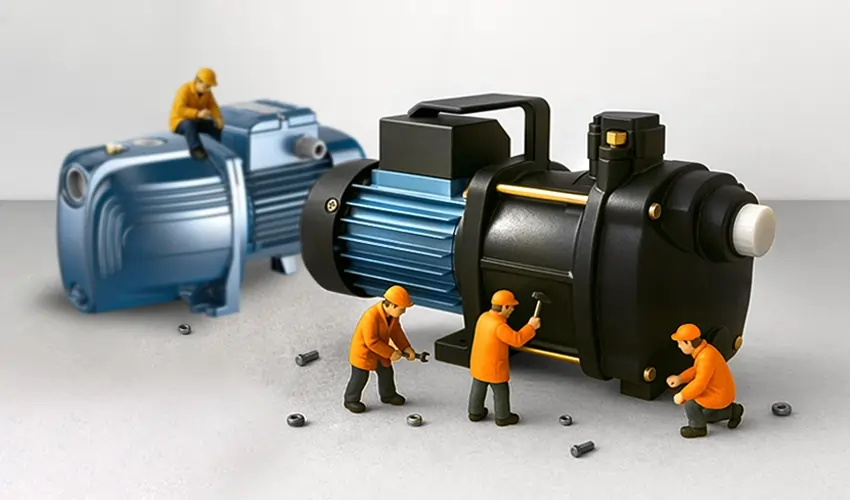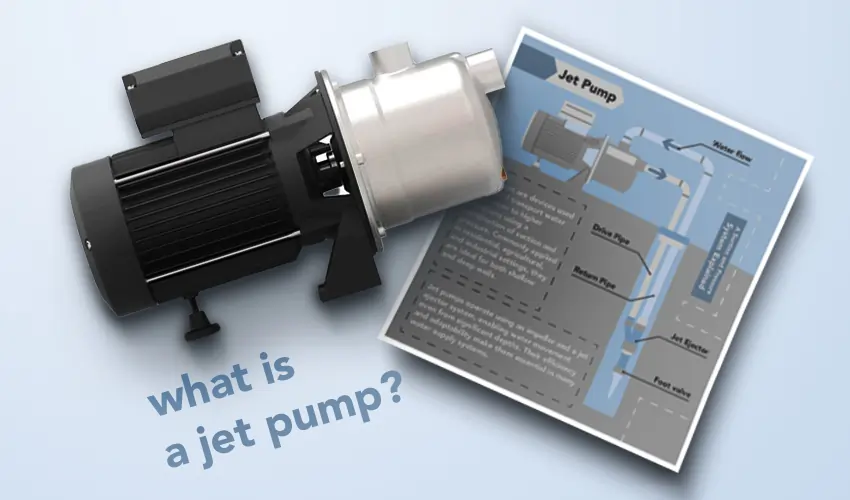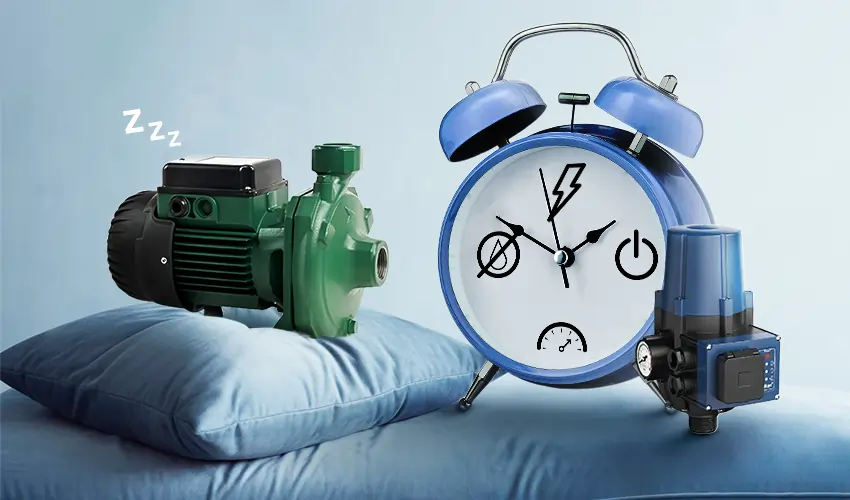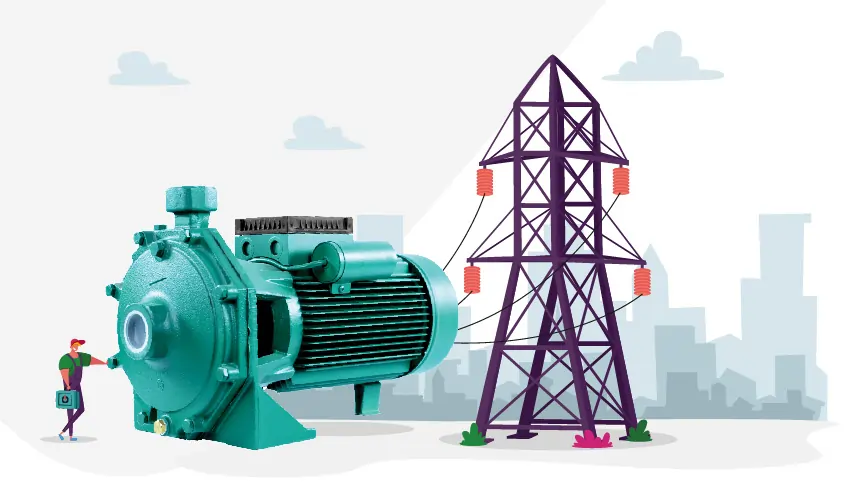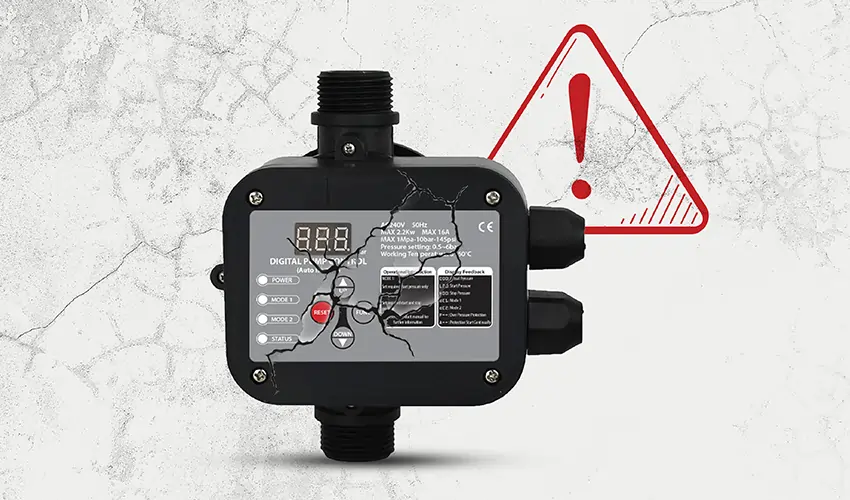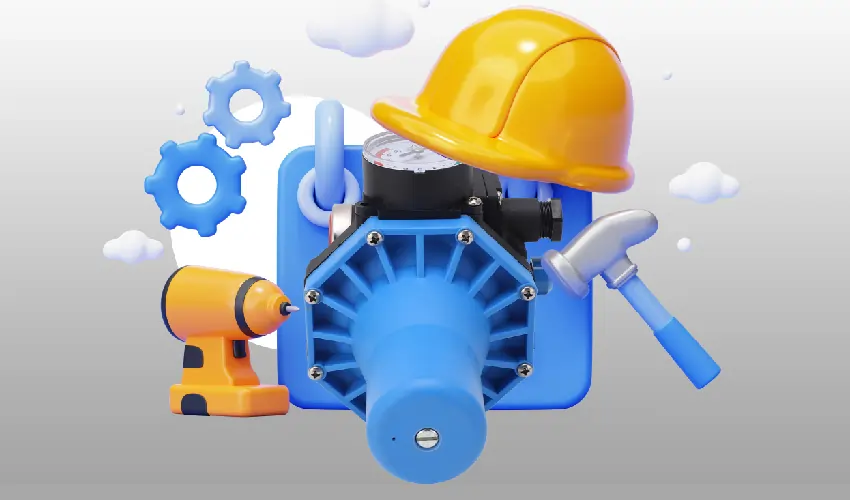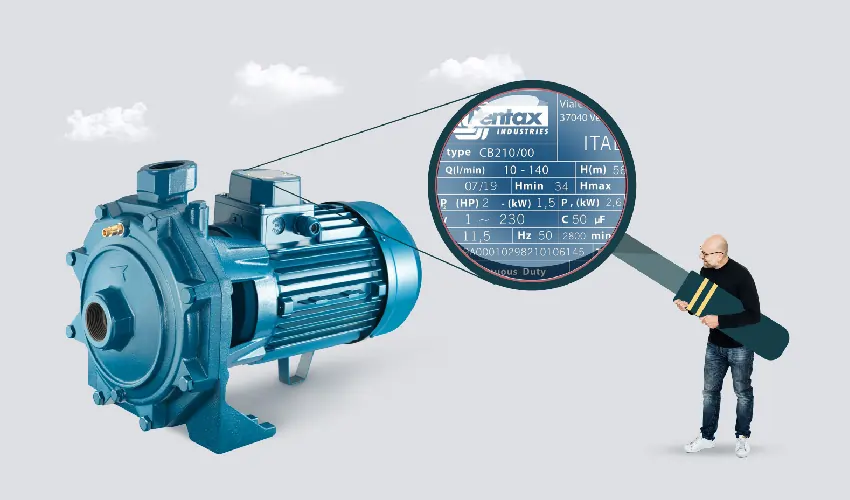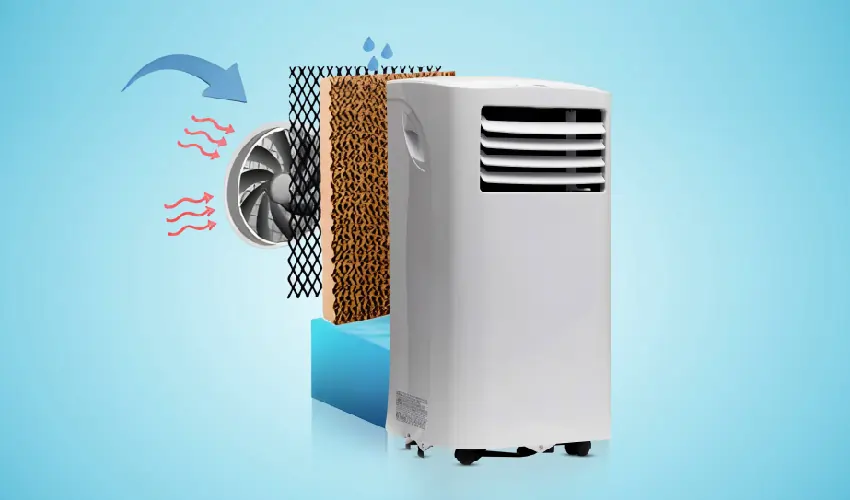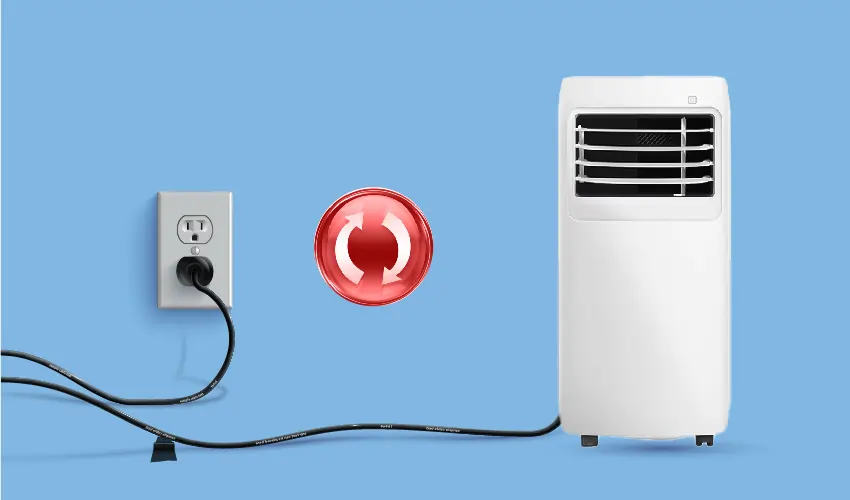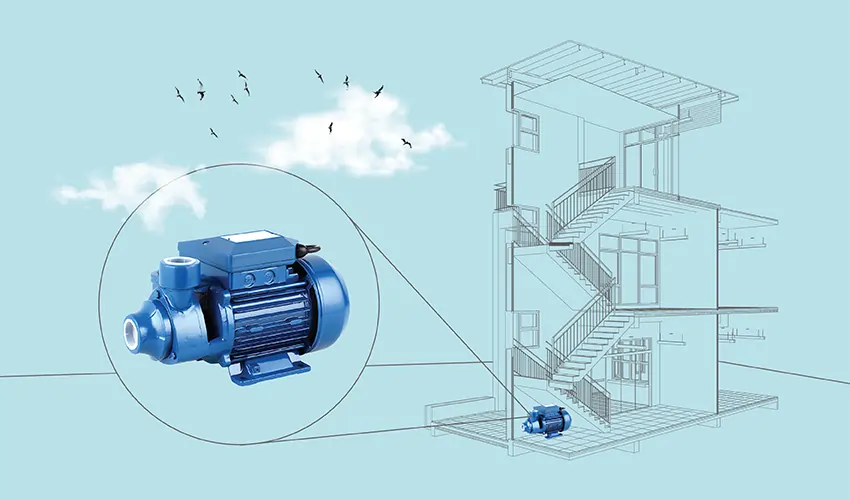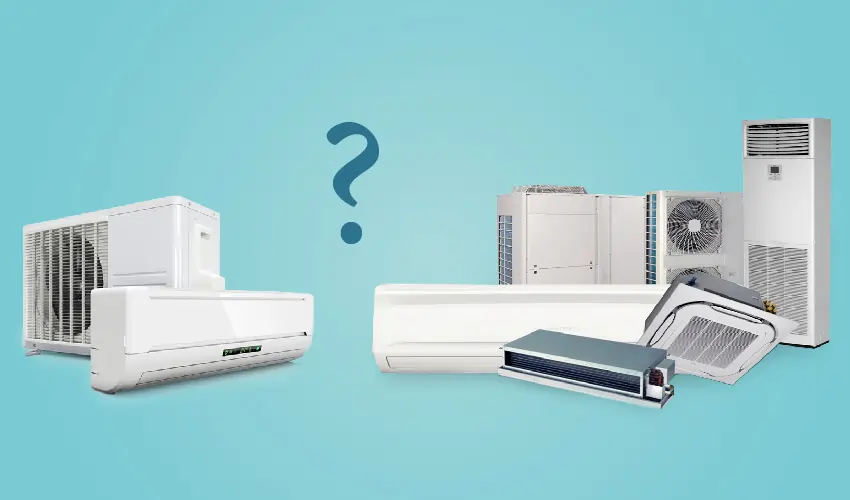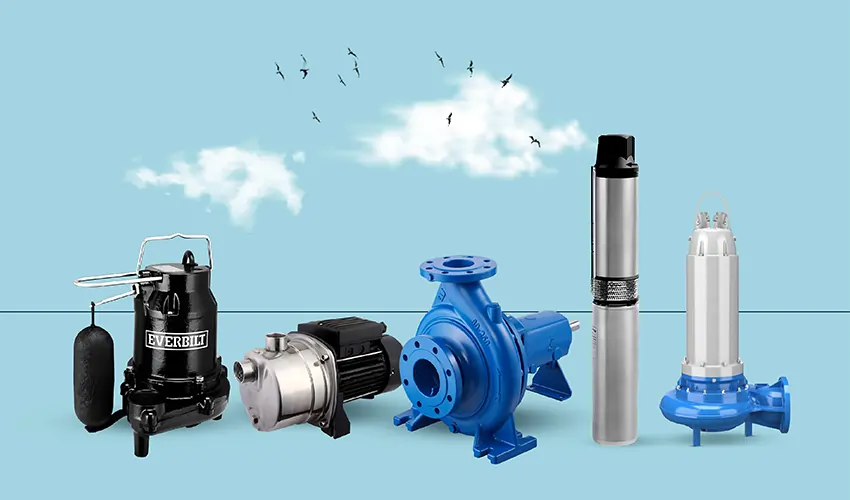The quietest inverter portable generators are highly sought after for their minimal noise output during operation. Renowned for their reliability and efficiency, these generators utilize advanced inverter technology to produce stable power suitable for sensitive electronics. With noise levels typically ranging from around 48 to 61 decibels, depending on the model and load, they are ideal for camping, RVing, outdoor events, and home backup power needs.
What is a Good Decibel Level for a Generator?
The ideal decibel level for a generator depends on several factors including its location, purpose, and surrounding environment. In general, for residential or recreational use, a generator with a noise level below 65 decibels (dB) at a distance of about 7 meters (23 feet) is considered quiet and suitable for most situations. However, for construction sites or industrial applications, where noise regulations might be less strict, generators with higher noise levels may be acceptable.
When selecting a generator, it’s essential to consider not only the noise level but also factors such as fuel efficiency, power output, and reliability. Additionally, some models come with noise reduction features such as soundproof enclosures or mufflers, which can help reduce the noise emitted during operation.
Ultimately, the best decibel level for a generator depends on the specific needs and requirements of the user and the environment in which it will be used.
How to Measure Quietness of Generators
Measuring the quietness of generators involves assessing the noise level they produce during operation. Here’s how you can measure the quietness of a generator:
Decibel Meter: Use a sound level meter or decibel meter to measure the noise level produced by the generator. These meters are readily available and relatively easy to use. Place the meter at a reasonable distance from the generator (usually specified in the meter’s instructions) and take readings while the generator is running under typical operating conditions.
dB(A) Scale: Ensure that the decibel meter is set to measure noise levels on the A-weighted scale (dB(A)), which accounts for the frequency sensitivity of the human ear. This scale is commonly used for assessing noise levels in residential and commercial environments.
Distance: Measure the noise level at a consistent distance from the generator. Typically, measurements are taken at a distance of about 7 meters (23 feet) from the generator, as this distance approximates the typical distance between a generator and its users in residential or recreational settings. Operating Conditions: Take noise level measurements under typical operating conditions for the generator, including load levels and ambient environmental conditions. Generators may produce different noise levels depending on factors such as load demand and temperature.
Compare with Standards: Compare the measured noise level with industry standards or guidelines for acceptable noise levels in the intended environment. For example, in residential areas, noise levels are often regulated, and generators should meet or exceed these regulations to be considered quiet.
Consider Frequency Peaks: While dB(A) provides a good overall measure of noise, it’s also helpful to consider specific frequency peaks that might be particularly bothersome. Some generators produce noise at specific frequencies that can be more noticeable or annoying to human ears.
Manufacturer’s Specifications: Refer to the manufacturer’s specifications for the generator’s noise level. Manufacturers often provide information about the generator’s sound output under different operating conditions, which can serve as a baseline for comparison.
What are the quietest inverter portable generators?
As of my last update in January 2022, several portable inverter generators are known for their quiet operation. Here are some models that are commonly regarded as among the quietest:
Honda EU2200i
The Honda EU2200i is renowned for its reliability, efficiency, and quiet operation. It features Honda’s advanced inverter technology, which provides stable power suitable for sensitive electronics like laptops and smartphones. With a noise level ranging from 48 to 57 decibels depending on the load, it’s one of the quietest portable generators available. The EU2200i is compact and lightweight, making it highly portable for camping, RVing, tailgating, and backup power during emergencies. It has a fuel-efficient engine, capable of running for up to 8.1 hours on a single tank of fuel at a quarter load.
Yamaha EF2000iSv2: Yamaha’s EF2000iSv2 is another highly regarded inverter generator known for its quiet operation and reliability. It produces noise levels ranging from 51.5 to 61 decibels, depending on the load, making it suitable for camping and outdoor activities where noise is a concern. The generator features Yamaha’s Smart Throttle technology, which adjusts engine speed to match the load, improving fuel efficiency and reducing noise. It offers clean and stable power output, making it safe for sensitive electronics. With a compact and lightweight design, it’s easy to transport and store.
WEN 56200i
The WEN 56200i is an affordable inverter portable generator known for its quiet operation and reliability. It operates at noise levels ranging from 51 to 55 decibels, making it suitable for camping, tailgating, and outdoor events where noise pollution is a concern. This generator features a 79.7 cc 4-stroke OHV engine capable of producing clean and stable power. It offers parallel connectivity, allowing you to connect two units for increased power output when needed. The WEN 56200i is EPA III and CARB compliant, making it safe and environmentally friendly.
Champion 75537i
Champion’s 75537i is a popular inverter generator known for its quiet operation and reliability. It operates at around 58 decibels from a distance of 23 feet, making it suitable for camping, RVing, and home backup power. The generator features a 171 cc single-cylinder OHV engine capable of producing 3100 starting watts and 2800 running watts. It offers clean power suitable for sensitive electronics and features economy mode to conserve fuel and reduce noise. The Champion 75537i comes with various outlets for versatility and convenience, including 120V 30A RV, two 120V 20A household, and 12V DC outlets.
Briggs & Stratton P2200
The Briggs & Stratton P2200 is praised for its quiet operation, compact design, and reliable performance. It typically operates at around 59 decibels, making it suitable for camping, tailgating, and outdoor events where noise is a concern. The generator features a 111 cc OHV engine capable of producing 2200 starting watts and 1700 running watts. It offers clean and stable power output, making it safe for sensitive electronics like smartphones and laptops. The P2200 comes with parallel connectivity, allowing you to connect two units for increased power output when needed. It also features a built-in handle for easy transportation.
These generators provide a range of options for users seeking quiet, efficient, and portable power solutions for their camping needs.

